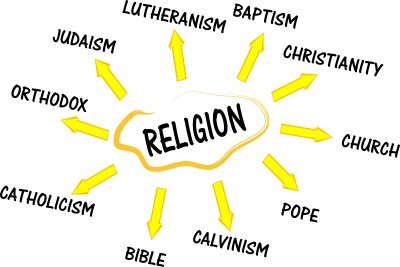
Portait of John Calvin Origins and Rise of Calvinismįirst-generation Reformed theologians include Huldrych Zwingli (1484–1531), Martin Bucer (1491–1551), Wolfgang Capito (1478–1541), John Oecolampadius (1482–1531), and Guillaume Farel (1489–1565). An important tenet of Calvinism, which differs from Lutheranism, is that God only saves the “elect,” a predestined group of individuals, and that these elect are essentially guaranteed salvation, but everyone else is damned. Some have also argued that Calvinism as a whole stresses the sovereignty or rule of God in all things, including salvation.

While the Reformed theological tradition addresses all of the traditional topics of Christian theology, the word Calvinism is sometimes used to refer to particular Calvinist views on soteriology (the saving of the soul from sin and death) and predestination, which are summarized in part by the Five Points of Calvinism. The movement was first called Calvinism by Lutherans who opposed it, and many within the tradition would prefer to use the word Reformed. Calvinism can be a misleading term because the religious tradition it denotes is and has always been diverse, with a wide range of influences rather than a single founder. HuguenotsA name for French Protestants, originally a derisive term.Ĭalvinism is a major branch of Protestantism that follows the theological tradition and forms of Christian practice of John Calvin and other Reformation-era theologians.Ĭalvinists broke with the Roman Catholic Church but differed from Lutherans on the real presence of Christ in the Eucharist, theories of worship, and the use of God’s law for believers, among other things.Five Points of CalvinismThe basic theological tenets of Calvinism.predestinationThe doctrine that all events have been willed by God, usually with reference to the eventual fate of the individual soul.Calvin’s Institutes of the Christian Religion (1536–1559) was one of the most influential theologies of the era and was written as an introductory textbook on the Protestant faith.Protestantism also spread into France, where the Protestants were derisively nicknamed “Huguenots,” and this touched off decades of warfare in France.

Geneva became the center of Protestantism.



 0 kommentar(er)
0 kommentar(er)
